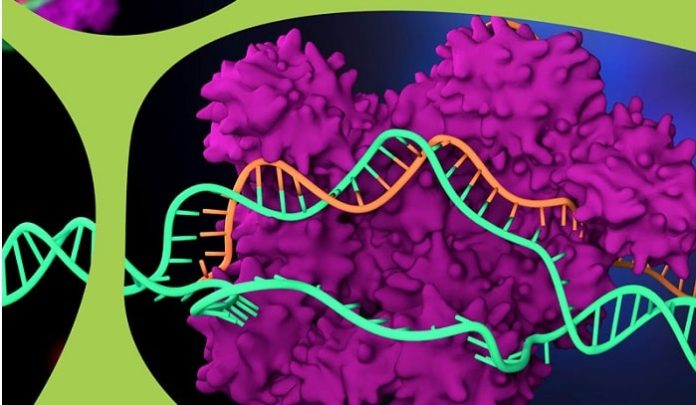Elsevier has published the findings of a new report on emerging trends in the pancreatic cancer literature. The report highlights several trending terms including XIST and linc00511. These long non-coding RNAs have the potential to not only be diagnostic/prognostic biomarkers but also potential targets for pharmaceutical intervention in pancreatic cancer. It has also revealed that Propofol, which is widely known as a general anaesthetic, has biological effects that may alter the progression of pancreatic cancer. The report was developed using text mining, to analyse the scientific literature to identify emerging areas of research in pancreatic cancer.
“Pancreatic cancer is the third leading cause of cancer death in the United States, with primary ductal adenocarcinoma (PDAC) the most common type. The five-year survival rate is very much dependent on the stage of the cancer at the time of diagnosis. If found early, or at Stage 1, the five-year survival rate is 39%. If the cancer has metastasized, that drops to 3%,” commented Eric Gilbert, Consultant, Life Sciences, Elsevier. “As an indication of the difficulty in catching the disease at an early stage, over half of cases are identified after the cancer has metastasized. New and innovative therapies are needed to address this unmet medical need.”
The report goes onto to highlight that Propofol has been shown to supress autophagy and enhance the activation of T helper cells. Some research illuminates it may have a positive impact on the ‘immune evasion’ of pancreatic cancer. While Propofol is unlikely to be used therapeutically, it is helping our understanding of pancreatic cancer and cancer in general.
Further findings from the report include:
- New insights into the mechanisms of pancreatic cancer’s ‘immune evasion’ are being reported
- The induction of ferroptosis, a type of regulated cell death, is being looked at as a potential strategy for pancreatic cancer treatment
- Higher levels of the methyl transferase METTL3 and lower levels of the demethylase ALKBH5 resulted in higher levels of methylated m6A RNA and poorer prognosis
- The degree of expression of XIST positively correlated to the stage of the disease and negatively correlated with patient survival.
“The genesis of any drug discovery programme begins with the identification of a validated disease-modifying biological targets. However, uncovering potential newly identified targets can be difficult as the amount of scientific content published is ever expanding,” commented Eric Gilbert, Consultant Life Sciences at Elsevier. “This report aims to show the usefulness of text mining to uncover emerging areas of research in the scientific literature around pancreatic cancer to accelerate future research.”





















